The Italian Society of Toxicology (SITOX) is a non-profit scientific association representing around 500 members working at University, Industry, Authority, government Agency and public and private Hospital. The goals of SITOX are:
SITOX is a member of the International Union of Toxicology (IUTOX) and of the Federation of European Toxicologists & European Societies of Toxicology (EUROTOX). It promotes the development of toxicological science in training, research and applied (clinical and regulatory) field.
SITOX is involved in the following main topics: risk assessment for human health associated with exposure to chemicals; food, feed, nutraceuticals and consumer products safety, environmental contaminations, the REACH Regulation, toxicogenetics and pharmacogenetics, endocrine disruptors, safety of pharmaceuticals and advanced therapies and biological products, diagnosis and treatment of acute and chronic intoxications, drug addiction and syndrome surveillance systems implementations, toxicological emergencies.
The Italian Society of Toxicology is the third Society in Europe for activities and members.
SITOX has established some working tables (to which stakeholders are invited to participate) and scientific groups in order to produce advices and documents about the safety and the correct and sustainable use of chemicals.
SITOX Working Tables on safety
SITOX Scientific Groups
SITOX Organizing Secretariat
Ida Ceserani - Ida.Ceserani@sitox.org
M. Elena Scamoni - Elena.Scamoni@sitox.org
Muriel Bertomoro - Muriel.Bertomoro@sitox.org
Italian Society of Toxicology
Via Giovanni Pascoli, 3
20129 MILANO
t: 02 29520311
P.IVA: 06792491000
C.F.: 96330980580
Press Office Contacts
Marco Pivato, MPharm
t: 349 5297270
m: sitox@dnamedialab.it
Professore Ordinario di Farmacologia, attualmente il Prof Cantoni è direttore del Dipartimento di Scienze Biomolecolari dell’Università degli Studi di Urbino “Carlo Bo”. Dal 2016 ad oggi ricopre la carica di Prorettore alla Ricerca. Dal 2018 è Presidente Eletto della Società Italiana di Tossicologia. Il Prof. Cantoni ha ricevuto diversi premi, tra cui quelli dell'"Associazione Italiana per la Lotta contro i Tumori" (1985), della "Fondazione Assicurazioni Generali" (1986), "Menzione di merito" della Commissione giudicatrice della Società Italiana di Farmacologia del "Premio Benedicenti" (1988) e, nel 1990, il "Premio Benedicenti" della Società Italiana di Farmacologia.
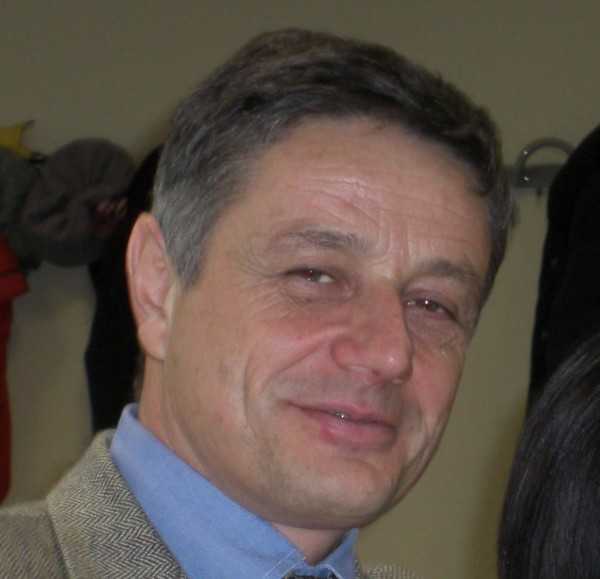
Guido Mannaioni ha conseguito la laurea in Medicina e Chirurgia nel 1991, la specializzazione in Farmacologia nel 1997 e il dottorato di ricerca in Farmacologia e Tossicologia nel 2001 presso l’Università degli Studi di Firenze. Ha ricoperto il ruolo di postdoctoral fellow e quindi di Instructor in Pharmacology presso il Dipartimento di Farmacologia della Emory University School of Medicine (U.S.A.) dal 1999 al 2004. Dal 2015 è Direttore della Scuola di Specializzazione in Farmacologia e Tossicologia Clinica dell’Università degli Studi di Firenze e dal 2018 è Professore Ordinario di Farmacologia presso l'Università degli Studi di Firenze e Direttore della Struttura Ospedaliera di Tossicologia Medica e Centro Antiveleni presso l’Azienda Ospedaliero Universitaria Careggi a Firenze.
.
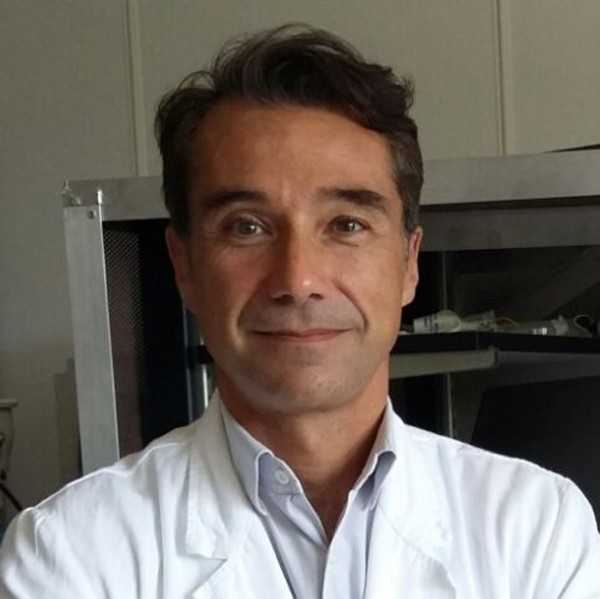
Prof. Galli's professional studies and career have dynamically contributed both nationally and internationally to the promotion, continuous development and use of risk assessment using a robust scientific approach and strongly supporting the use of mechanistic toxicology to improve the risk assessment process. Developing an original research program with emphasis on molecular and cellular mechanism for toxicity, including in vitro toxicology, Prof. Galli has assisted numerous students and professionals in the field by demonstrating how chemicals exposure cause adverse effects under various situations and in certain populations. Prof. Galli is author of more than 200 publications, and a member of numerous national and international scientific committees
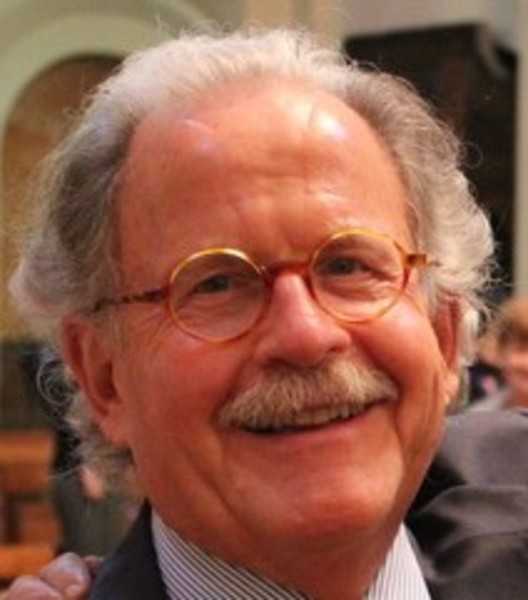
Degree in Chemistry and Pharmaceutical Technologies in 2001, Specialized in Pharmacology in 2003, and PhD in Pharmaceutical Science in 2007 at the University of Naples, Federico II. Associate Professor since 2018 (SSD, BIO/14), Department of Pharmacy, University of Naples, Federico II. Author or co-author of numerous scientific publications in full in peer-reviewed journals, he has participated in international workshops and collaborates in the organization of numerous scientific congresses.
Main research topics:
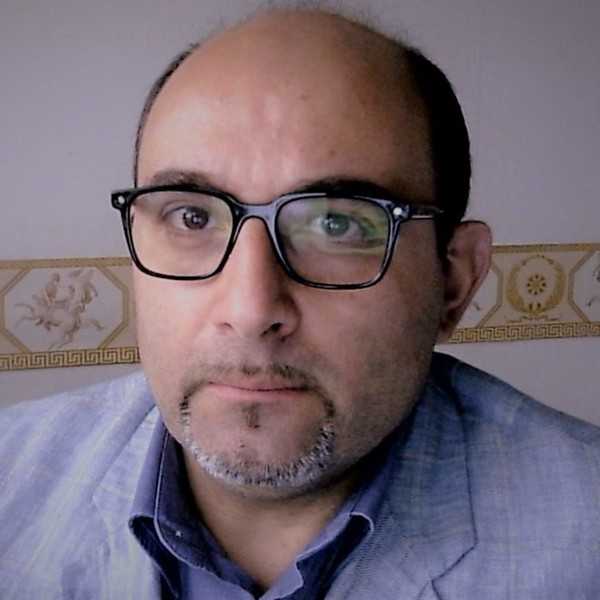
Senior Researcher in Pharmacology (RTDb) at the University of Messina. She obtained her master’s degree in pharmacy in 2013 and her PhD in Applied Biology and Experimental Medicine in 2017. She obtained two 2nd level university master’s degrees in Biostatistics and Epidemiological Methodology at the University of Pavia in 2018 and in Pharmacovigilance and Drug Regulatory Disciplines at the University of Verona in 2020.
She has attended Queen's University Belfast (UK) and Universitè de Bordeaux (FR) as research fellow.
In 2018, she received the SIF-Farmindustria award.
Her main research topics concern the study of the pharmaco-toxicological profile of natural drugs and the mechanisms of cell death.
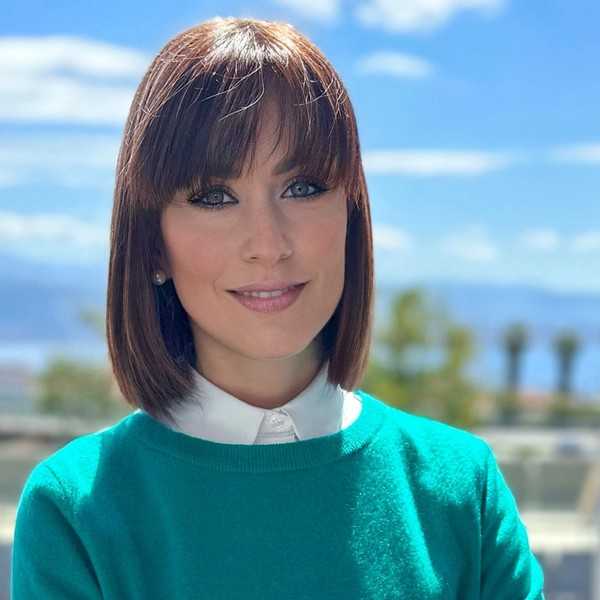
Associate Professor of Pharmacology at the Alma Mater Studiorum - University of Bologna. Graduated in Pharmaceutical Chemistry and Technology, PhD in Pharmacology and Toxicology, she was guest researcher at the Department of Neurobiology and Behavior of the University of California Irvine, USA. The research interests are focused on the cellular and molecular response to toxic agents and on the identification of neuroprotective compounds both in in vitro and in vivo models.
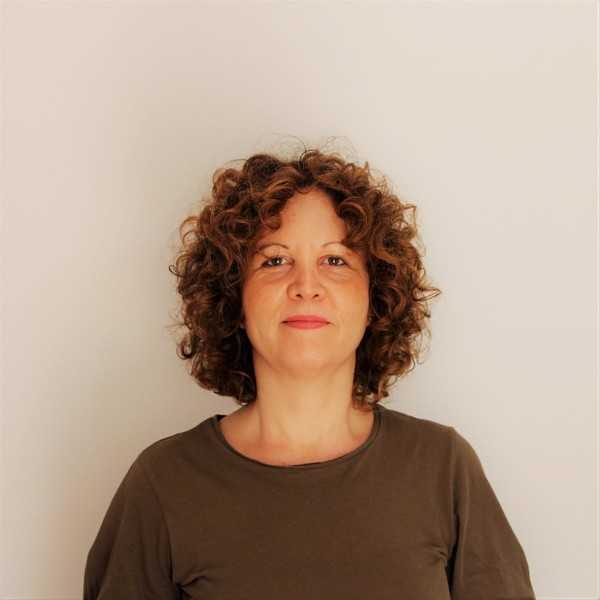
She's graduated at the University of Milan in Medicine and Surgery, with a specialization in Toxicology and Hepatology. She deals with clinical toxicology, particularly in the emergency setting. She works at the Pavia Poison Control Center where she provides specialized counseling, patient care and research. She has organized and managed numerous courses and conferences for emergency health care providers. She collaborates with National Institutions in working groups and projects.
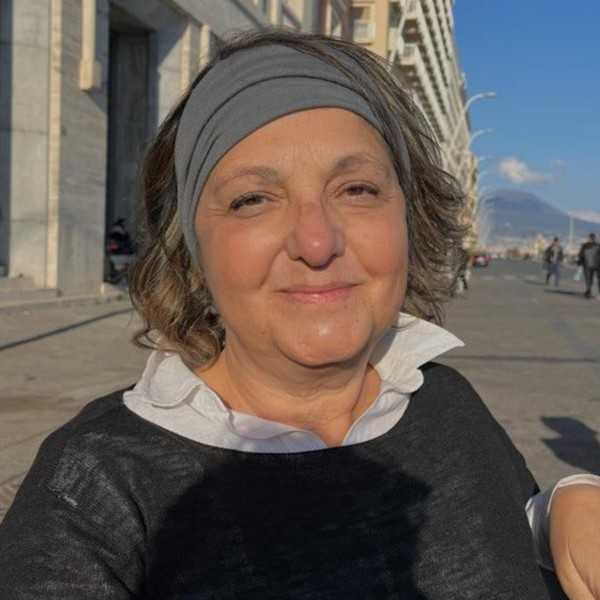
Degree: University of Pisa- Laurea summa cum laude in Biological Sciences (bichemical branch)
WORK EXPERIENCE
1979-1981 ungraduated student at Istituto di Mutagenesi e differenziamento CNR- Pisa
1982-1984 Researcher fellow at Istituto Superiore di Sanità (ISS) Roma
1985-today ISS as part of the permanent staff
Type of business or Sector : Research and regulatory activities in the field of Toxicokinetics, Toxicology and Human Health Risk Assessment associated to exposure to natural and synthetic environmental pollutants.
Occupation or position held: Present Position : Senior executive scientist (since 2007) and Head of the Mechanism of Toxicity Unit Department for Environment and Primary Prevention (since 2009).
Previous position : researcher (1994-2007); young researcher (1985-1994); research fellow (1982-1985) - Responsible for the Biochemical Toxicology Unit (Toxicology and Ecotoxicology Lab) (2001-2004)

Researcher (SSD MED/44–Occupational Medicine) at the Department of Biomedical and Clinical Sciences-UNIMI. Degree in Biological Sciences. PhD in Marine Biology and Ecology with a curriculum in Reproductive Toxicology, UNIVPM. He carries out regulatory toxicology activities, dietary and occupational risk assessments to exposure of pesticide active ingredients, their metabolites, and plant protection products. Member of scientific committees and working groups (WHO, EFSA).
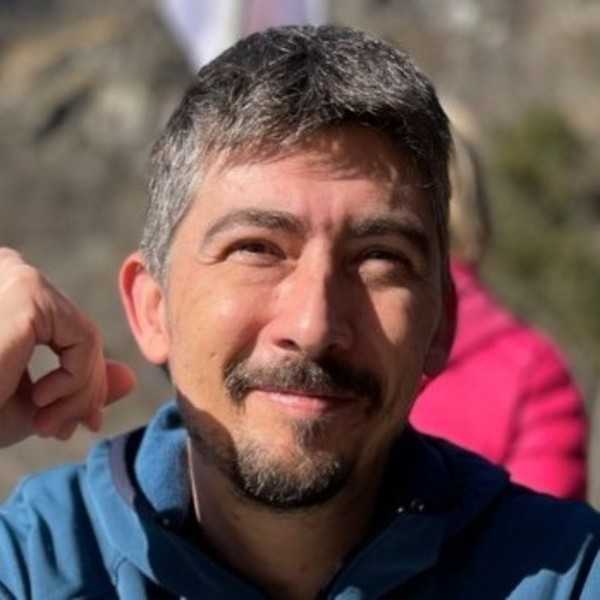
Doctor in Biological Sciences, University of Milan, (1989): PhD in Experimental Medicine, University of Milan (1994).
Current Position: AssociateProfessor of Pharmacology, University of Milano, Head of the Laboratory of Neurotoxicology. 2017-2020: Chair of the Bachelor Scienze e Sicurezza ChimicoTossicologiche dell'Ambiente (Chemical and Toxicological Sciences for Environmental Safety)
2014-2018: Scientific Expert and Rapporteur for European Food Safety Authority (EFSA). 2004 – 2006: Research assistant at the Department of Pharmacological Sciences, University of Milan, supported by a fellowship from the Nutrition Foundation of Italy for a study on molecular mechanisms of neuroinflammation and impact on neuronal survival.
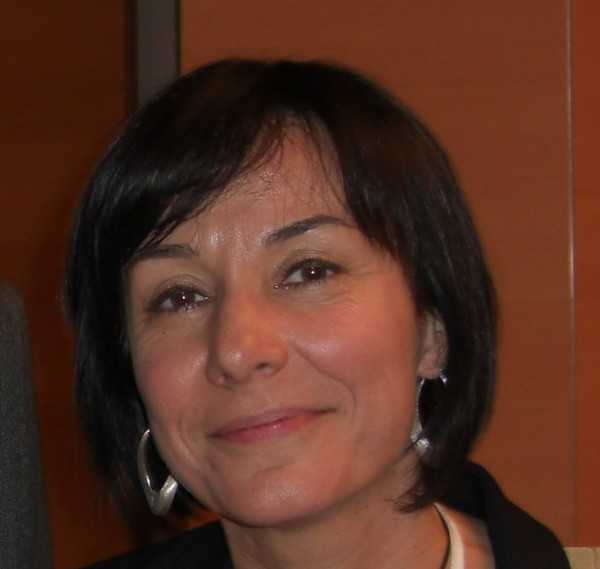
RENTIC - National Register of Italian Certified Toxicologists
Inclusion in the National Register of Italian Certified Toxicologists (RENTIC) aims to recognize high standards of knowledge, skills, experience, and professional standing of scientists engaged in the field of Toxicology.
A European Registered Toxicologist (ERT) is a toxicologist who meets specific requirements in education as well as professional skills and has experience in toxicology and applied toxicology.
RENTIC members are "Certified Toxicologists" and they are automatically inserted in the European Register, set up at EUROTOX, and they could use the abbreviation "ERT" - European Registered Toxicologist. The registration is valid for a five-year period after which, to reimain enrolled, it is necessary to provide a request of re-registration.
What are the RENTIC objectives?
For more information, please download the Guidelines or contact RENTIC Organizing Secretariat: adele.tangolo@sitox.org
To consult the EUROTOX Guidelines for registration: http://www.eurotox.com/ert/
Here below and at the page "Certificazione del Tossicologo" you cand find the application form for registration and re-registration.
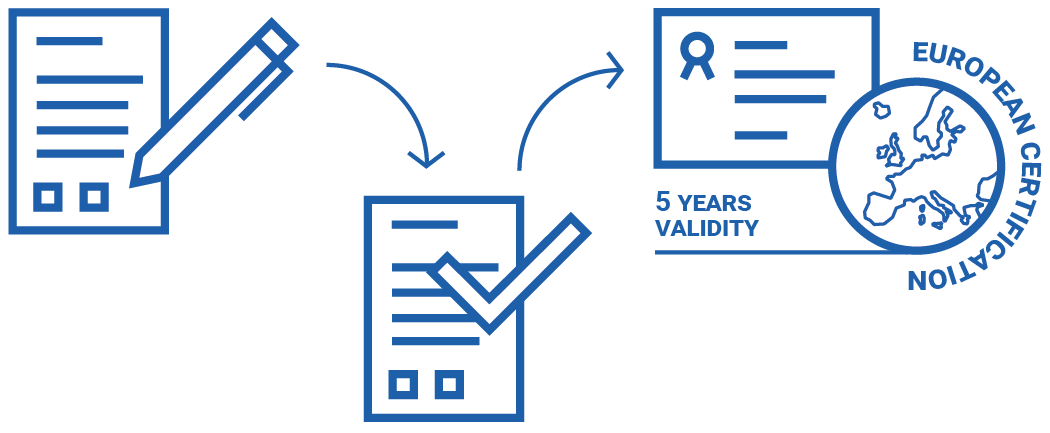
Institution of a Certification Scheme for the professional figure of the Toxicologist
The Italian Society of Toxicology (SITOX), as an Evaluation Body, in collaboration with AICQ SICEV, as an accredited third-party Certification Body, has defined and activated the Certification Scheme for the professional figure of the Toxicologist.
For more information, please contact the SITOX Organizing Secretariat at: segreteria@sitox.org or visit the AICQ SICEV website.
Here below you cand find the guidelines and the registration form to apply to the SITOX | AICQ SICEV Certification.
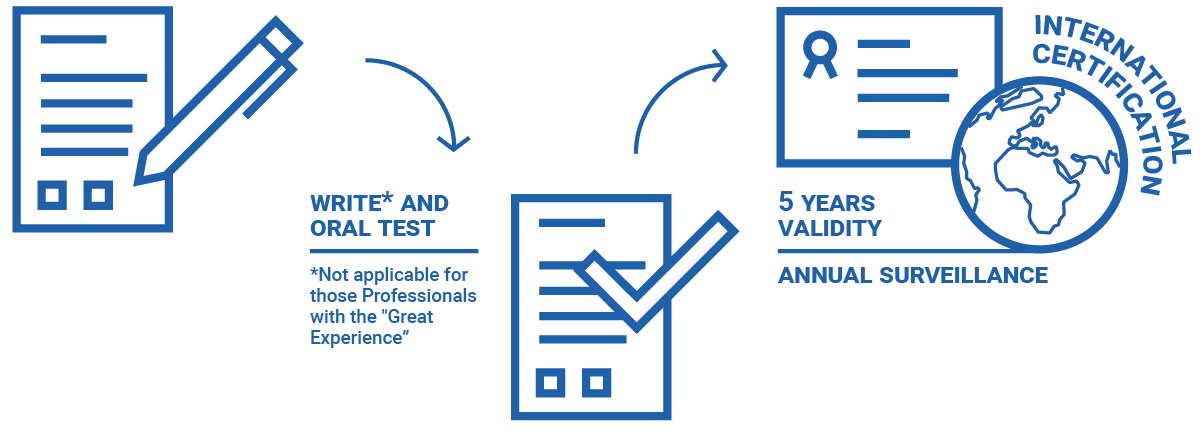
Il programma sarà disponibile a breve.
I nuovi algoritmi della salute.
Crediti ECM N. 8
Accreditato per le seguenti figure professionali:
Medici, Farmacisti, Infermieri, Biol...
Organizzato da SITLAB – Società Scientifica Italiana dei Tecnici di Laboratorio Biomedico
Crediti ECM: 4
Accreditato per le seguenti figure professionali:
Medico Chirurgo, Farmacista, Biol...